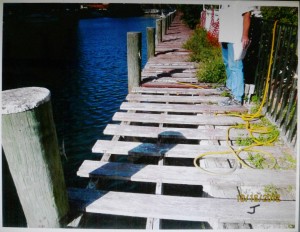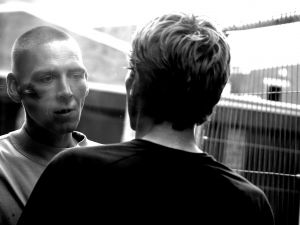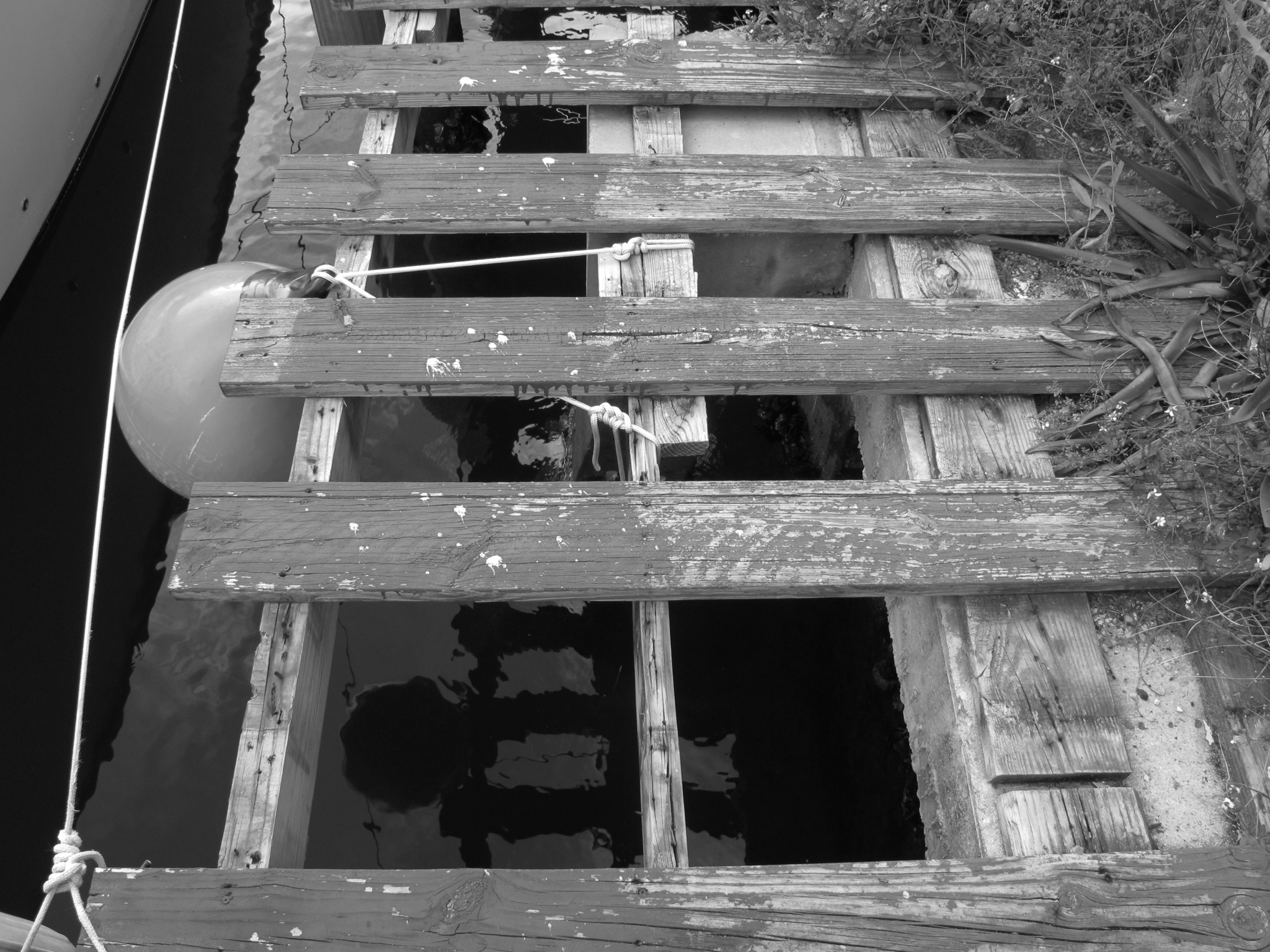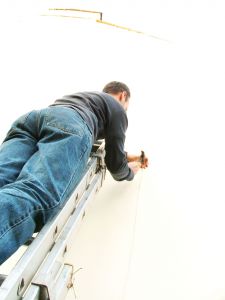 By amending §768.81 Florida Statues, the Florida Legislature eliminated, effective 2006, the application of joint and several liability in most personal injury cases. Under the joint and several doctrine, in cases involving multiple defendants each negligent defendant was wholly responsible financially for the negligence of every other defendant. This concept especially benefited plaintiffs where one or more negligent defendant did not have the financial means to satisfy its share of the damages awarded, while one or more other defendants had the means to satisfy the entire award.
By amending §768.81 Florida Statues, the Florida Legislature eliminated, effective 2006, the application of joint and several liability in most personal injury cases. Under the joint and several doctrine, in cases involving multiple defendants each negligent defendant was wholly responsible financially for the negligence of every other defendant. This concept especially benefited plaintiffs where one or more negligent defendant did not have the financial means to satisfy its share of the damages awarded, while one or more other defendants had the means to satisfy the entire award.
The doctrine was replaced by the comparative fault doctrine. Under this doctrine, each defendant’s share of liability was limited to its allocated percentage of fault. For example, if each of three defendants was found one-third at fault, the most any one of the three would be responsible for paying is one-third of the total damage award. If the total damage award was $1,000,000, the most any one of the three defendants would have to pay is $333,333.33. If the others could not afford to pay their shares, the injured Plaintiff would simply not be fully compensated. In comparison, under the joint and several doctrine each one of the three would be liable for the full measure of damages. If, for example, one of the defendants was the Coca-Cola company and the other two were poor deadbeats without adequate insurance coverage, Coca-Cola would be on the hook for the full amount. Coca-Cola would have a right to go after the other defendants to recoup some of the money it paid.
By scuttling joint and several liability, the Republican Legislature, with the full backing of then Governor Jeb Bush, shifted the burden of loss from insurance companies and large corporations onto injured victims.
While joint and several liability does not apply in most post-April, 2006 personal injury cases, it remains a viable legal doctrine in cases where an independent contractor has breached a non-delegable duty. The most common scenario involves a property owner who hires one or more independent contractors to perform maintenance and security in and around a property, like a shopping mall. If a person rightfully on the property is injured by the negligent performance by the independent contractor, the independent contractor and the property owner are jointly and severally liable. This has long been the law in Florida:
“The law imposes on hotels, apartments, innkeepers, etc., the duty to keep their buildings, premises and appliances in a condition reasonably safe for the use of their guests, or at least those parts of the buildings and premises to which the guest are invited and may reasonably be expected to use. The duty of maintaining safe premises cannot be delegated to another.“
Goldin v. Lipkind, 49 So.2d 539, 541 (Fla. 1950) (emphasis added). Moreover, this is a well-established principle of law recognized throughout the country. W. Page Keeton et al., Prosser and Keeton on the Law of Torts § 71, at 511-12 (5th ed. 1984).
Continue reading
 Florida Injury Attorney Blawg
Florida Injury Attorney Blawg









